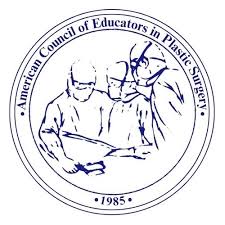Plastic surgery deals with the repair, reconstruction, or replacement of physical defects of form or function involving the skin, musculoskeletal system, craniomaxillofacial structures, hand, extremities, breast and trunk, and external genitalia, or cosmetic enhancement of these areas of the body. Cosmetic surgery is an essential component of plastic surgery. The plastic surgeon uses cosmetic surgical principles both to improve overall appearance and to optimize the outcome of reconstructive procedures. Special knowledge and skill is also necessary in the design and surgery of grafts, flaps, free tissue transfer, and replantation. Plastic surgeons must be able to manage complex wounds, use implantable materials, and resect tumors. Anatomy, physiology, pathology, and other basic sciences are fundamental to the specialty. The profession of plastic surgery is an amalgam of basic medical and surgical knowledge, operative judgment, technical expertise, ethical behavior, and interpersonal skills to achieve problem resolution and patient satisfaction.

American Society of Plastic Surgeons/
The Plastic Surgery Foundation
plasticsurgery.org
444 E Algonquin Rd
Arlington Heights, IL 60005
(847) 228-9900
Email: [email protected]

American Council of Educators in Plastic Surgery
aceplasticsurgeons.org
500 Cummings Ctr
Ste 4400
Beverly, MA 01915
(978) 927-8330
Fax: (978) 524-0461
Contact form